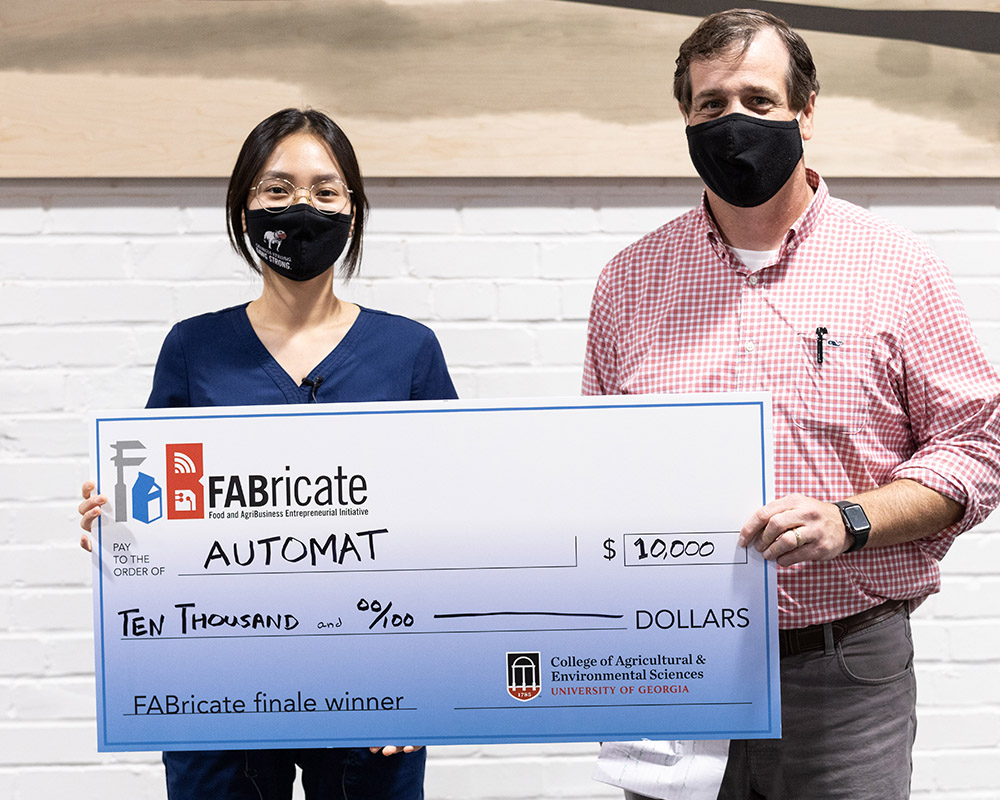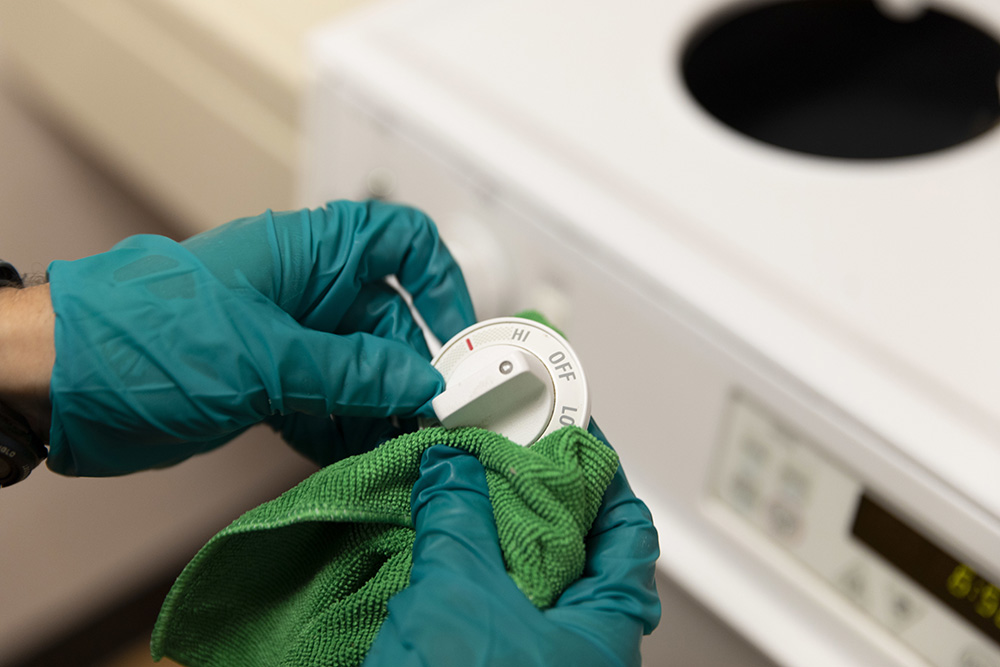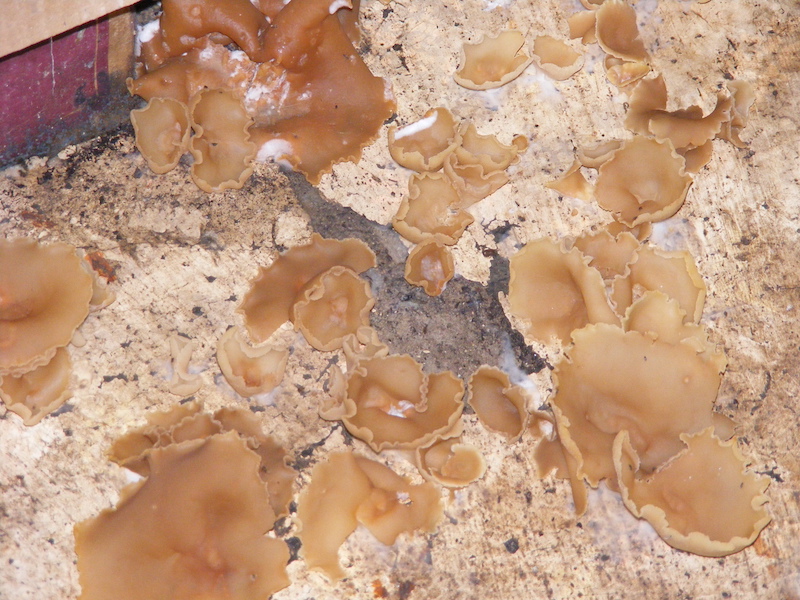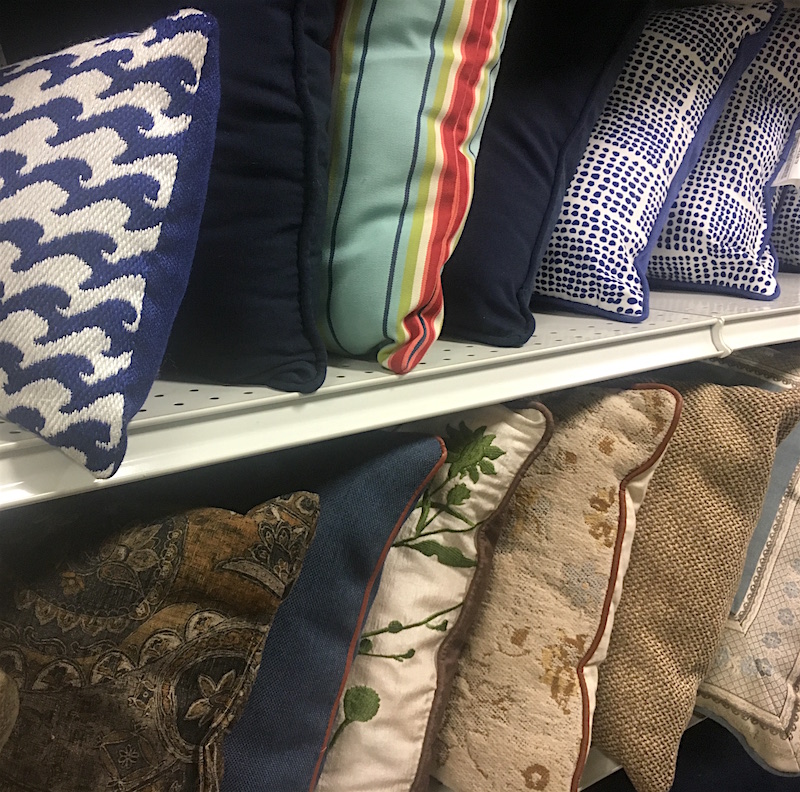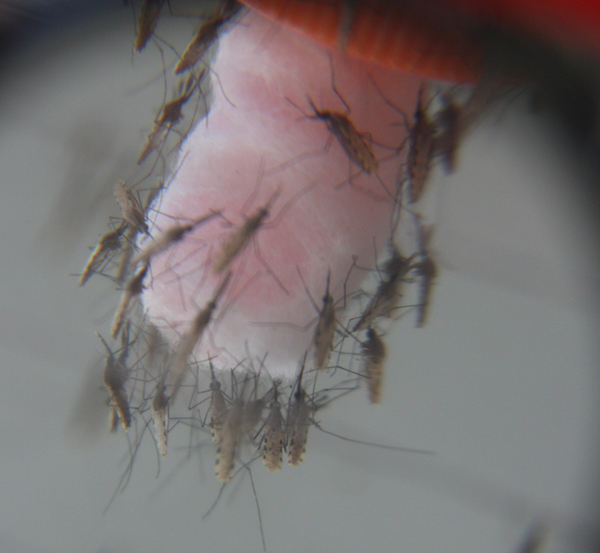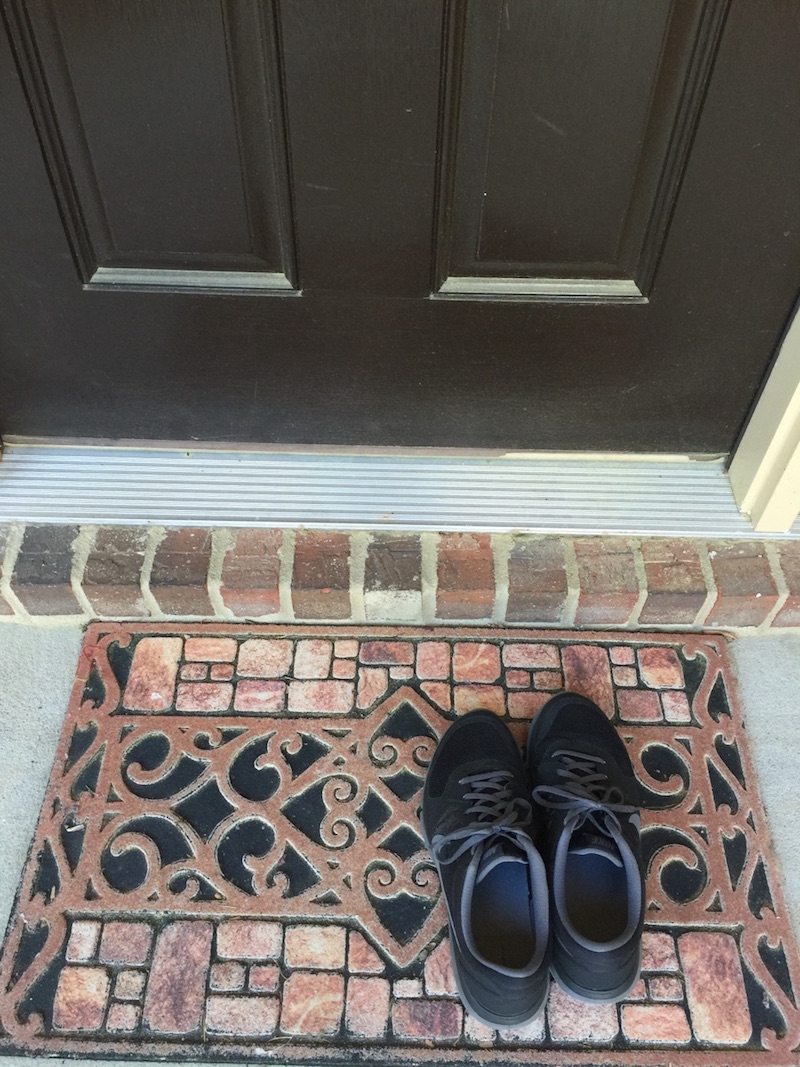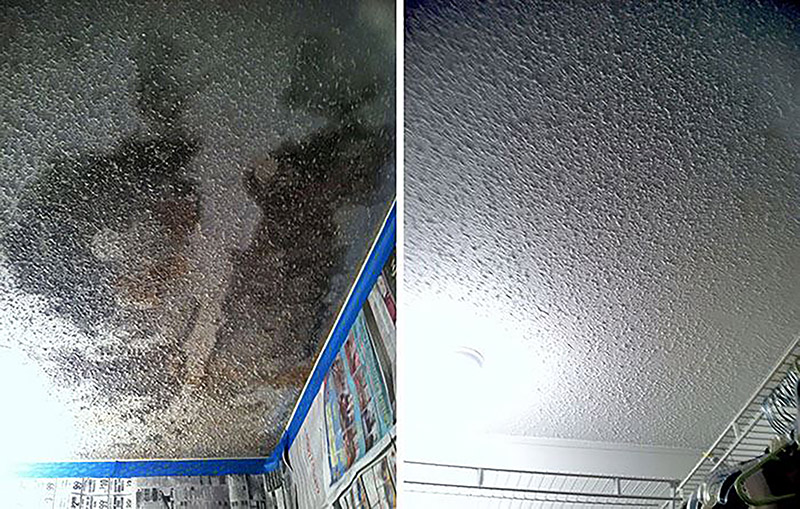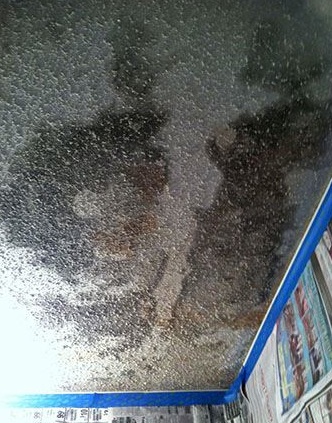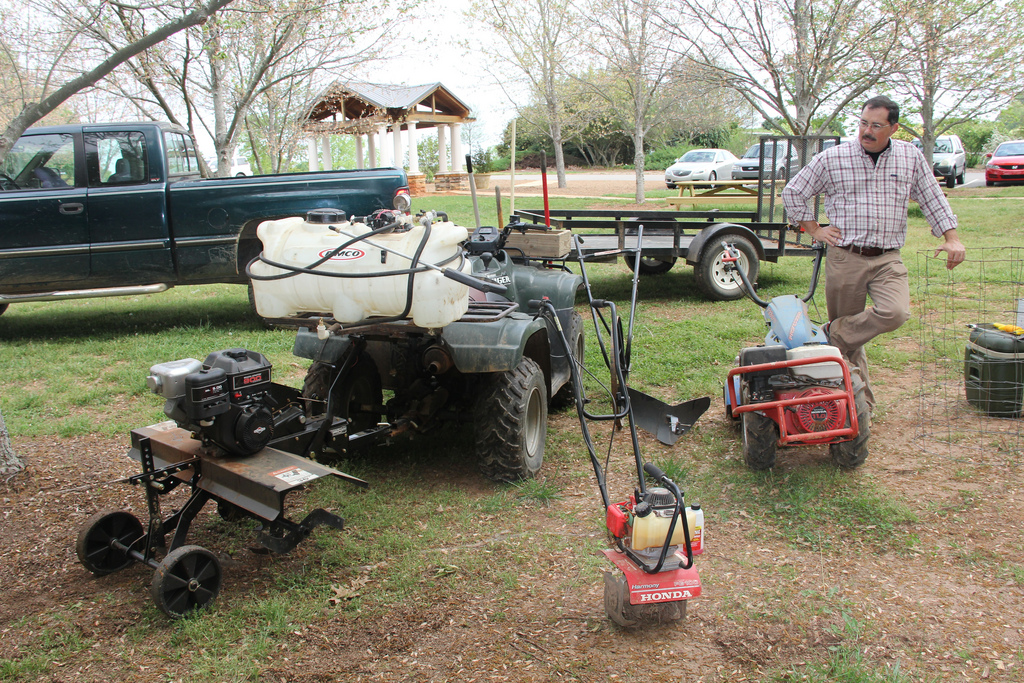 CAES News
CAES News
Winterizing Motorized Equipment
As fall temperatures cool down, much of our lawn and garden equipment begins to lay idle. Tillers, lawnmowers and weed eaters are no longer being used with the frequency they were during the warm temperatures of summer. The temptation is to just store them away until we need them later in the spring, but that could cause problems later unless the equipment is properly prepared for storage.

